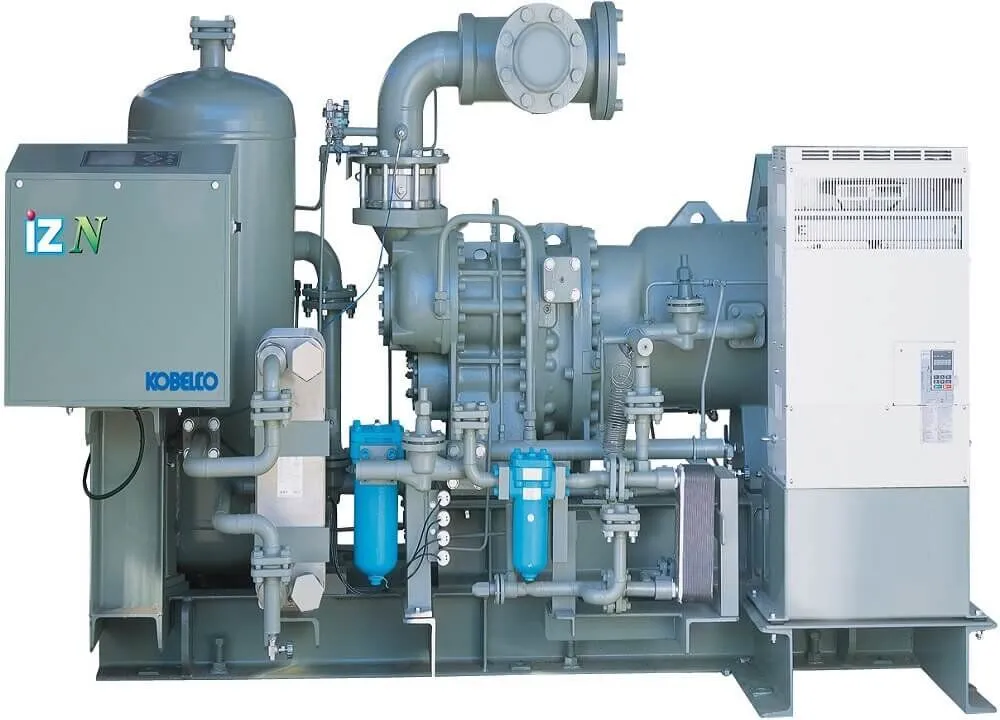cold room container
Cold room containers, commonly referred to as refrigerated containers or reefers, are essential components in the logistics and supply chain industry, specifically designed to preserve the freshness and quality of perishable goods. I’ve spent over a decade working with these vital units, and this article shares insights, expertise, and trusted advice on their usage, benefits, and technological advancements.

The lifeline for transporting temperature-sensitive products, cold room containers offer an indispensable solution for industries like pharmaceuticals, agriculture, and food and beverage. Constructed with high-grade insulation materials, these containers maintain a controlled temperature environment, preventing spoilage and degradation of goods regardless of external conditions. From my extensive experience, choosing the appropriate cold room container depends on three principal factors temperature range, duration of transport, and the nature of goods.
Modern cold room containers are equipped with cutting-edge technology to monitor and control internal conditions, ensuring reliability and efficiency. State-of-the-art temperature control systems combined with IoT integration allow for real-time monitoring and adjustment, a feature I’ve found to be invaluable. These technologies foster trust, enabling stakeholders across the logistics chain to stay informed of their shipment’s status and condition via centralized platforms or mobile applications.

Professionalism in the use of cold room containers extends to understanding their operational flexibility. With various sizes available, ranging from small units ideal for short-distance transport to large ISO-standard containers for expansive shipments, versatility remains a clear advantage. The introduction of hybrid power options, including solar panels and electric batteries, further endorses their efficiency, reducing reliance on conventional fuel sources and promoting ecological responsibility.
cold room container
Economically, incorporating cold room containers can result in significant cost savings. Though initial investment might be high, the longevity and reduced spoilage rates of stored goods offer compelling returns on investment over time. Through personal consultation with businesses, I’ve observed that adopting a strategic approach to integrating these containers into their distribution network can lead to optimized inventory management and expanded market reach.
Furthermore, stringent regulatory standards in various countries necessitate the use of refrigerated containers for specific goods, particularly in the pharmaceutical industry. Compliance with these regulations not only ensures quality preservation but also enhances the credibility of the business entity — a critical attribute for maintaining customer trust and satisfaction.
Expert recommendations emphasize the importance of regular maintenance and calibration of these containers to prevent technical failures. Comprehensive checks guarantee the reliability and functionality of refrigeration components, helping avoid potential losses during transit. Through consistent application of these maintenance routines, businesses can reinforce their authority in delivering quality, unblemished products.
In summary, cold room containers represent a convergence of innovation, reliability, and expertise, forming the backbone of temperature-controlled logistics. Understanding their features and benefits can empower your business to deliver excellence consistently. Whether you’re a logistics provider, a retailer, or operate within the global supply chain of perishables, leveraging the advantages of cold room containers not only meets the demand for product integrity but also enhances operational credibility and expertise in this competitive marketplace.
-
Transform Operations with Vacuum Freezer MachineNewsMay.14,2025
-
Enhance Business with Cold Room TechnologyNewsMay.14,2025
-
Vacuum Freezer Machine for Modern NeedsNewsMay.09,2025
-
Discover Our Comprehensive Cold Room SolutionsNewsMay.09,2025
-
Cold Room Solutions for Your BusinessNewsMay.08,2025
-
Advanced Vacuum Freezer MachineNewsMay.08,2025
















































































































